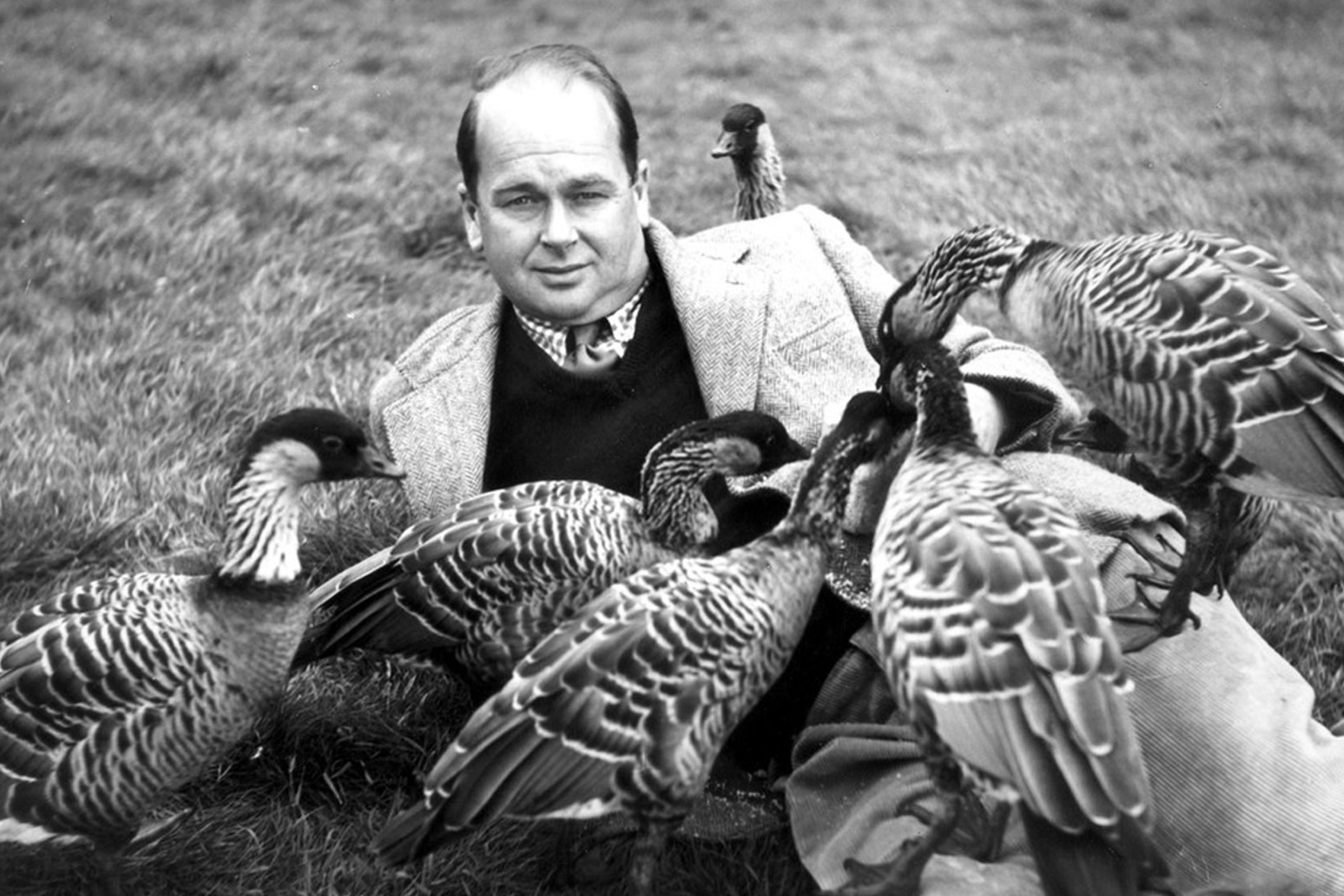-
 play_arrow
play_arrow
DukeBox Radio The Voice Of The Wellington Academy
-
 play_arrow
play_arrow
Jetstream Episode #15 - Festival of Education Celebration
Sir Peter Scotts international wetland charity marks a 75 year milestone


The Wildfowl and Wetlands Trust was founded on the banks of the River Severn in 1946
The Wildfowl and Wetlands Trust is celebrating 75 years of conservation work that has seen it pull birds back from extinction while creating wonderful new nature-friendly habitats.
Sir Peter Scott, who has been described by Sir David Attenborough as the “patron saint of conservation”, founded the WWT on the banks of the River Severn in 1946 with 1,000 members and one site at Slimbridge in Gloucestershire.
Since then, the charity has grown to 10 UK sites, created and helped to protect thousands of hectares of wetlands around the world, and is now supported by more than 180,000 members.
To recognise the anniversary, the WWT is aiming to inspire one million people to spread the word about the benefits of wetlands.
It is also planning to create 100,000 hectares of wetlands across the UK to help the environment and improve people’s mental health.
The charity is calling for a ‘blue recovery’ where this ambition is incorporated into national and international policies to protect the planet, including strategies to reach net zero carbon emissions by 2050.
“Sir Peter Scott was an extraordinary man and in 1946 he had a vision – to create a safe haven for wild birds while at the same time bringing people closer to nature,” said chief operating officer Kevin Peberdy.
“He understood that people and nature are part of the same intertwined ecosystem. He realised – ahead of his time – that our wealth, our health and our emotional wellbeing all depend on the natural world.
“He appreciated that showing people how amazing wetland nature is can ignite a passion to preserve it.
“At WWT today we still hold these principals at the heart of everything we do.
“We may be a much larger charity than we were when we started back in 1946, but we still believe fervently in wetlands and what they can do – for wildlife and for humans, and increasingly for the planet.
“If rainforests are the lungs of the planet, then wetlands are the lifeblood. As much as we need air to breathe, we need water to live. The conservation of our wetlands is essential to life on Earth.”
Since WWT was founded in Gloucestershire, it has expanded to almost every corner of the country, including Scotland, Wales and Northern Ireland. Around 15 million birds migrate to WWT sites across the UK every winter.
The Hawaiian Goose, also known as the nene, has been brought back from the brink of extinction. Seventy years ago there were only 30 breeding birds and now there are 2,500.
The Svalbard Barnacle geese have increased in number from 300 to more 40,000. The bird travels 2,000 miles from Norway to winter on the Solway each year.
Conservation work has recently started to increase the numbers of curlew.
“When we look back, we realise what an enormous amount we have achieved,” said Mr Peberdy.
“But the work isn’t done, and we now look forward to taking Peter Scott’s philosophy of creating a world where healthy nature thrives and enriches all of our lives and applying it to the situation today.”
Published: by Radio NewsHub
Written by: admin




